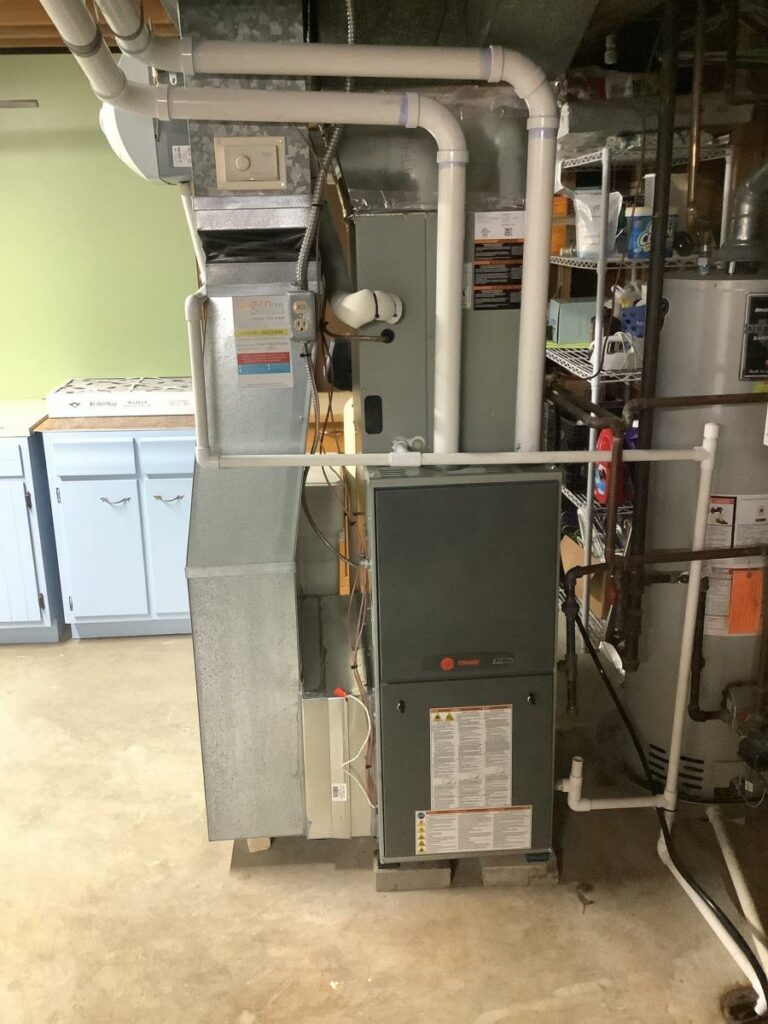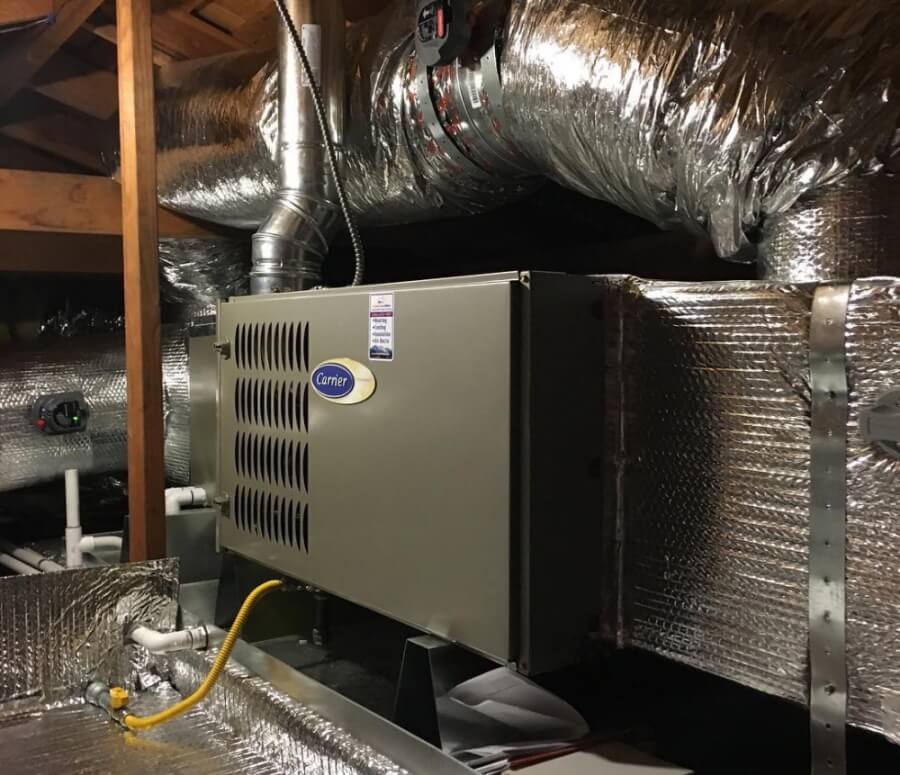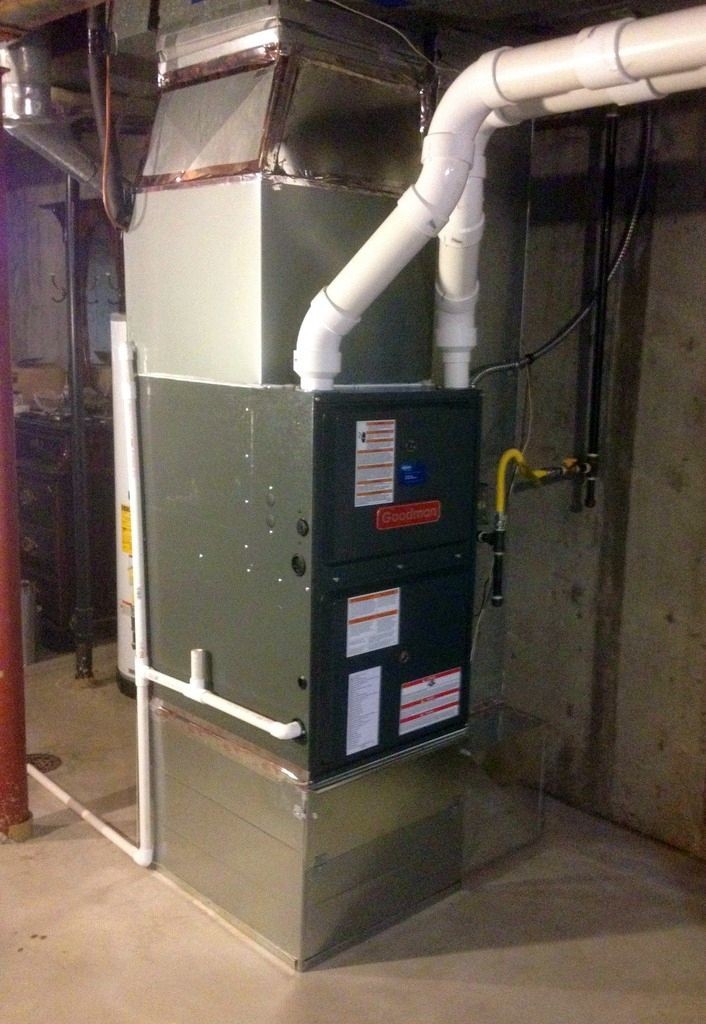The Ultimate Guide to Furnace Setup for a Cozy Home
Heater installation is an essential element of preserving a comfortable home setting, especially during the cooler months. As you consider these aspects, the question continues to be: what steps can you take to guarantee your heating system serves you well for years to come?
Kinds Of Heating Systems

Gas heaters are one of the most typical option as a result of their effectiveness and reduced functional costs. They utilize natural gas or lp, giving fast home heating and constant efficiency, making them excellent for colder climates.
Electric heating systems, while usually easier to install and preserve, often tend to have greater functional prices. They are often favored in areas where gas service is unavailable or for homes with existing electric facilities.
Oil heating systems, though less typical today, stay a practical choice in specific regions. They shed heating oil, which can be beneficial during colder months, but their reliance on oil distribution postures possible obstacles.
In addition, there are high-efficiency versions offered across these types, which can considerably lower power intake and utility bills - furnace installation. Inevitably, comprehending these heater kinds will help homeowners pick a system that lines up with their heating needs, spending plan, and power preferences
Picking the Right Dimension
Choosing the appropriate dimension for a heater is critical to making certain optimum performance and power effectiveness. An undersized heater will certainly struggle to keep comfy temperatures throughout the cold months, leading to boosted wear and tear, greater energy costs, and prospective system failure. Alternatively, a large heater may cycle on and off too often, resulting in ineffective home heating and irregular temperature level distribution within the home.
To establish the correct heating system size, a computation recognized as the Handbook J lots computation need to be carried out. This procedure assesses numerous variables, including the square video of the home, insulation levels, home window dimensions, and local environment problems. This extensive evaluation makes sure that the heating system fulfills the certain heating demands of the area.

Setup Process Review
In terms of products, you will need ductwork, insulation, and securing tape to make certain ideal airflow and power effectiveness - furnace installation. It is likewise important to have a brand-new furnace filter handy, in addition to venting materials, such as PVC pipeline or metal flue, relying on the kind of furnace being mounted
Security tools, including gloves, safety glasses, and a face mask, is likewise crucial to shield against dirt and debris throughout setup. Having all these devices and products conveniently available not just streamlines the procedure but likewise enhances the security and performance of the heating system installation.
Upkeep Tips for Longevity
To make certain the longevity of your heating system, it is vital to carry out a regular maintenance timetable that attends to essential elements of the system. Beginning by replacing or cleaning up the air filter each to three months, as a stopped up filter can limit airflow and reduce efficiency. In addition, inspect and clean up the blower setting up to prevent dust build-up that can prevent efficiency.
Next, check the thermostat settings and alter if essential to ensure accurate temperature guideline. Evaluate the ductwork for leakages or blockages, as this can result in energy loss and irregular heating. Frequently oil the electric motor and bearings according to the supplier's recommendations to minimize deterioration.
Expert assessments need to take place each year, where a certified professional can assess the furnace's total problem, check for gas leakages, and make certain that security functions are working appropriately. Consider mounting a programmable thermostat to maximize power use and preserve constant home temperature levels. By adopting these maintenance techniques, you can enhance your heater's efficiency, expand its life-span, and eventually enjoy a relaxing and comfortable home setting.
Conclusion
